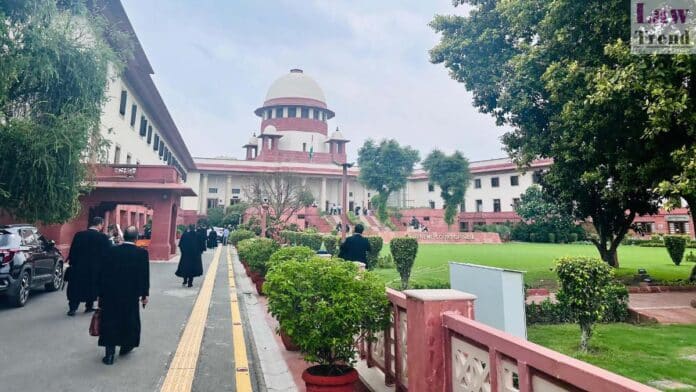The Supreme Court on Thursday adjourned to the first week of December the hearing on a petition filed by UAE-based Seclink Technologies Corporation challenging the Maharashtra government’s decision to award the Dharavi redevelopment project to Adani Properties Pvt Ltd.
A bench led by Chief Justice of India B. R. Gavai, sitting with Justices K. Vinod Chandran and Vipul Pancholi, said the matter could not be concluded this month as the CJI is set to retire on November 23.
“Our hands are full, how many judgments will I write?” CJI Gavai remarked during the hearing.
The controversy stems from the Maharashtra government’s decision to scrap the 2018 tender for the 259-hectare Dharavi redevelopment project, in which Seclink had emerged as the highest bidder with a ₹7,200-crore offer, and to float a fresh tender in 2022.
In the new round, the Adani Group became the highest bidder with its ₹5,069-crore offer.
Seclink first challenged the cancellation of the 2018 tender and later the award of the 2022 tender to Adani Properties Pvt Ltd.
On December 20, 2024, the Bombay High Court upheld the tender award to Adani Properties, ruling that there was no arbitrariness, unreasonableness, or perversity in the government’s decision.
The court also rejected Seclink’s allegation that the fresh tender was “tailor-made” to benefit a particular private entity, noting that three bidders had participated.
The High Court dismissed Seclink’s petition entirely.
On March 7 this year, the Supreme Court declined to stay the redevelopment project and sought responses from the Maharashtra government and Adani Properties on Seclink’s challenge to the High Court judgment.
The bench also directed Adani Properties to route all project-related payments through a single bank account.
The state has defended its actions, stating that the first tender was cancelled due to several disruptive factors, including the COVID-19 pandemic and the Russia-Ukraine war, which significantly affected financial and economic conditions.
The Dharavi Redevelopment Project aims to transform one of the world’s most densely populated informal settlements, home to a mix of residential clusters and small industrial units in central Mumbai.
The matter will now be taken up in the first week of December.




